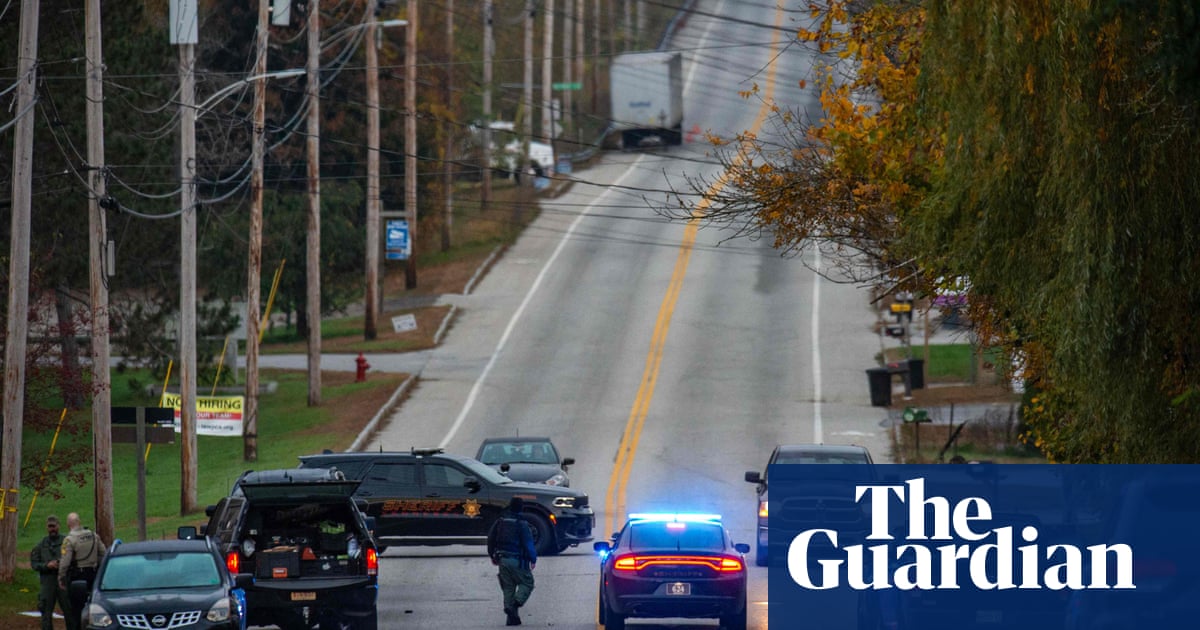
Even for the less politically attuned, there is a profound tension around the world, as if the planet’s 7.6 billion inhabitants are collectively holding their breath. This atmosphere is not the result of any particular school of thought, although the surge in far-right identity politics in even the most stable democracies has surely contributed to this pervasive feeling that our world is standing at the brink. At stake? The very foundations of our nation states, home to civil societies thriving in increasingly interconnected channels beyond trade, commerce, migration and communications.
The idea of sovereign, self-governing entities dates from the 17th century, at the end of the religious wars that laid waste to Europe. Nearly four centuries later, the nation state has thrived and the world now has 193 independent, sovereign nations. Unfortunately, this “success” is now under threat as challenges seemingly collude to upend what we have become so used to, and even expect as the natural evolution of self-determination.
The World Economic Forum’s 2018 Global Risks Report identifies 13 areas that contribute to “profound social instability.” The five that stand out are climate change, increasing income and wealth inequality, increasing polarization, aging populations (particularly in the developed world) and “rising cyber dependency.” The troubling aspect of these trends is that the interconnected nature of today’s nation states can actually make any crisis worse, because of contagion . For instance, failure to address climate change collectively will also contribute to food and water crises due to droughts, which in turn will cause resource wars and large-scale involuntary migration toward wealthier, advanced economies. After the European refugee crisis and the migrant caravans headed for the southern US borders, large-scale involuntary migration is not a theoretical possibility, but a present-day reality. In turn, these migrations have fueled far-right nationalist ideology decrying loss of identity and a rush to scapegoat desperate migrants seeking safety and to better their lives away from war, poverty, famine and repression. In the end, societies become more polarized, tipping toward destabilization as nations try to deal with the spillover effects of these unmitigated risks.
The more connected we have become, the farther we move away from the original nation-state ideal of sovereign, independent and self-governing states that unilaterally chart the path forward for their citizens.
Hafed Al-Ghwell
The US is already in the throes of such polarization and the Trump administration has resorted to separating families at the border as a deterrent to future immigration, now even deploying the US Army to meet the migrant caravan coming from the south at the borders, which also illustrates the inevitable result when ill-equipped and unprepared systems and frameworks encounter large-scale involuntary migration, regardless of its causes.
Increasing income and wealth inequality is yet another troubling trend that governments must address. According to the World Inequality Report 2018, the MENA region leads the world in wealth inequality with up to 66 percent of national wealth in the hands of 10 percent or less of the population. On the other hand, the bottom 50 percent held only 10 percent of national wealth. When combined with notoriously high unemployment figures, the widening gap between the wealthy and the poor will only serve as an impetus for mass protests, civil disobedience and calls to reorientate governance structures that favor income equality over the current systems. In fact, one of the main factors that contributed to the so-called “Arab Spring” protests, and resulting political shifts, was the desire for better wealth distribution.In regard to the interconnectedness of issues, poor income inequality and wealth distribution can only lead to poverty that will, in turn, contribute to involuntary migration and further political instability. When markets collapse in the developed world, as in 2008, these crises will send shockwaves throughout the global economy.
From an optimistic perspective, the speed of innovation and advancements in information technology are a cause for celebration. However, as the cyber world continues to overtake traditional systems, replacing them or creating newer methods of information collection, analysis and dissemination, so do increasing risks of contagion of social, political and economic problems.There are many other threats that continue to undermine the nation state, the foundation of our world order. Globalization has made us develop by leaps and bounds. To facilitate such development, systems, institutions, frameworks and supranational bodies have worked hand-in-hand with nation-state governments, connecting the world with every memorandum of understanding, agreement, bilateral and multilateral arrangements, and even international laws such as those governing human rights. However, the more connected we have become, the farther we move away from the original nation-state ideal of sovereign, independent and self-governing states that unilaterally chart the path forward for their citizens.In a way, it is too late to return to 17th-century ideals despite the rise of Donald Trump, Jair Bolsonaro, Matteo Salvini and other leaders who have either embraced far-right nationalist ideology or are greatly influenced by its calls to nation-state unilateralism over global cooperation.Thus, we find ourselves in this state of tension between globalism and nationalism, inducing this deep sense of anxiety that worsens with each news article or breaking news alert, fearful and apprehensive that we have crossed the Rubicon. Fortunately, the world order has resisted or weathered the impact of these challenges so far. It is, however, clear that these trends are growing stronger and pointing to a future in which nation states will lose more and more of their legitimacy and sovereignty.
Hafed Al-Ghwell is a non-resident senior fellow with the Foreign Policy Institute at the John Hopkins University School of Advanced International Studies. He is also senior adviser at the international economic consultancy Maxwell Stamp and at the geopolitical risk advisory firm Oxford Analytica, a member of the Strategic Advisory Solutions International Group in Washington DC and a former adviser to the board of the World Bank Group. Twitter: @HafedAlGhwell
Disclaimer: Views expressed by writers in this section are their own and do not necessarily reflect Arab News" point-of-view












